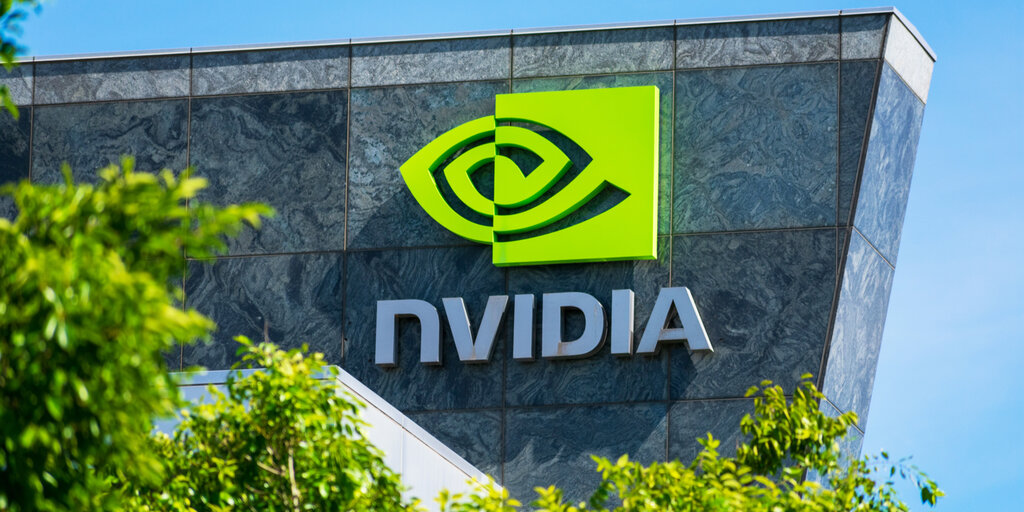A class action lawsuit accusing Nvidia of misleading investors about the role of crypto mining in its 2017-2018 revenue should be allowed to proceed in the U.S. Supreme Court, US officials argued Tuesday.
U.S. Solicitor General Elizabeth Prelogar and SEC senior lawyer Theodore Weiman said the suit is detailed enough to be revived and allowed to proceed, according to an amicus brief filing.
The amicus brief from the Department of Justice and the Securities and Exchange Commission aims to support allegations from investors Nvidia falsely attributed the growth to gaming demand while understating how much crypto miners were boosting sales.
The Ninth Circuit Court of Appeals’ decision to partially revive the case came after a lower court initially dismissed it. Nvidia did not immediately return a request for comment.
The filing cites firsthand accounts from former Nvidia employees. One insider, dubbed FE 1, described how Nvidia maintained a global database to track GeForce GPU sales to crypto miners.
Another insider, FE 2, detailed CEO Jensen Huang’s direct involvement in sales meetings, where the crypto impact on revenues was discussed.
The authorities argue Nvidia’s leadership was well aware of the crypto influence on sales but chose to downplay it in public statements.
Expert analysis from economic consulting firm Prysm Group revealed Nvidia’s significant crypto exposure was not used in isolation but was supported by internal documents, former employee accounts, and a notable drop in Nvidia’s revenues following the 2018 crypto crash, per the filing.
The DOJ and SEC say this evidence collectively supports the claim that Huang knowingly misled investors about Nvidia’s exposure to crypto mining, meeting the standard for “scienter,” or intent to deceive.
The lawsuit claims the need for proper corporate transparency and argues the case sets a precedent for how emerging market risks, such as cryptocurrency, must be disclosed.
A California judge initially dismissed the case in 2021, citing insufficient evidence, but an amended complaint led to its partial revival by the Ninth Circuit in June.
Edited by Sebastian Sinclair

